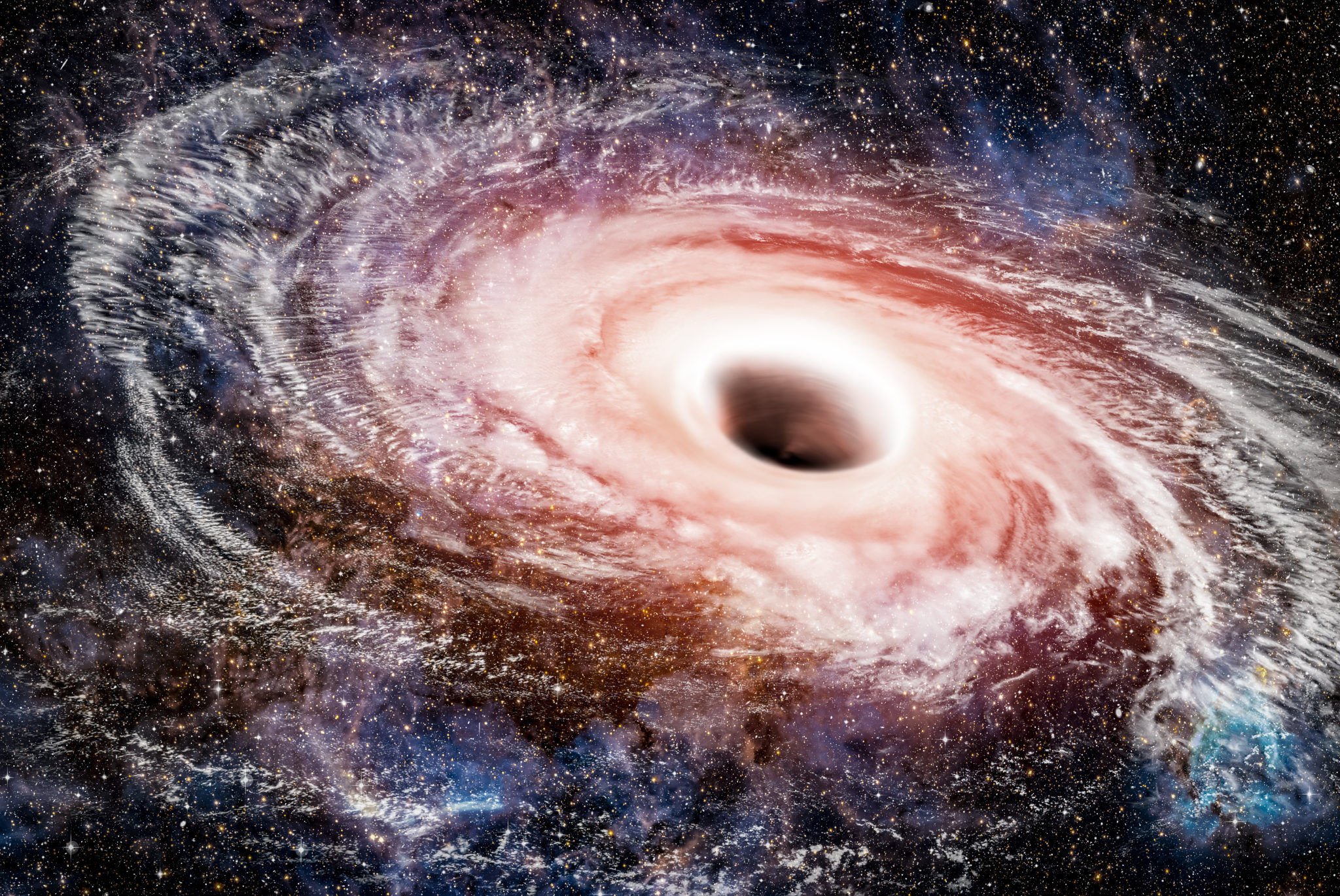Hugh Ross’s Research on Black Holes Published in Academic Journal
When the peer-reviewed journal Religions decided to produce a special issue this spring titled “Christianity and Science: Fresh Perspectives,” a guest editor asked Dr. Hugh Ross to submit an article for consideration. After a thorough peer review, including several extensive revisions, the article has now been published—and is nearly twice its original length. Ross’s article, “Black Holes as Evidence of God’s Care,” can be read in its entirety without a subscription.
Religions, a monthly, theology-focused journal, is unique from others in its class because the critiques and recommendations of the anonymous peer reviewers (and the authors’ responses to them) are made public. Interested readers will find these critiques and responses in the Review Reports section under the article title.
“There was much back-and-forth with two of the astrophysicist editors who were clearly opposed to any claim that there is scientific evidence for God,” Ross says. “Owing to their objections, what started as a 5,000-word article became a 9,000-word article!”
It’s not often that Ross has time for the demanding process of writing, researching, and revising an article for peer-reviewed scientific literature. As “an evangelist at heart,” Ross says he wants to submit such works only if he can make a case for the existence and handiwork of the God of the Bible.
Nearly all English-language science journals reject such papers, regardless of their scientific merit. In fact, the last time Ross had a similar paper published was in 1992.
The Religions article that published in March has already opened several new doors for Ross. Two Asian academic journals have invited him to submit his work, while the academic organizers of a major European astrophysics conference have also invited him to speak next year at their conference focused on observational cosmology.
Ross is trusting that his hard work will not go unnoticed but instead will reach the right people who are curious and open to learning more about the God of the universe.
“I believe this article will expose a whole new and influential audience to the reasons to believe we have been developing over the past four decades,” Ross says. “I’m eager to see how this increased credibility in the secular science research community will help bring academics and those they influence closer to Christ.”





